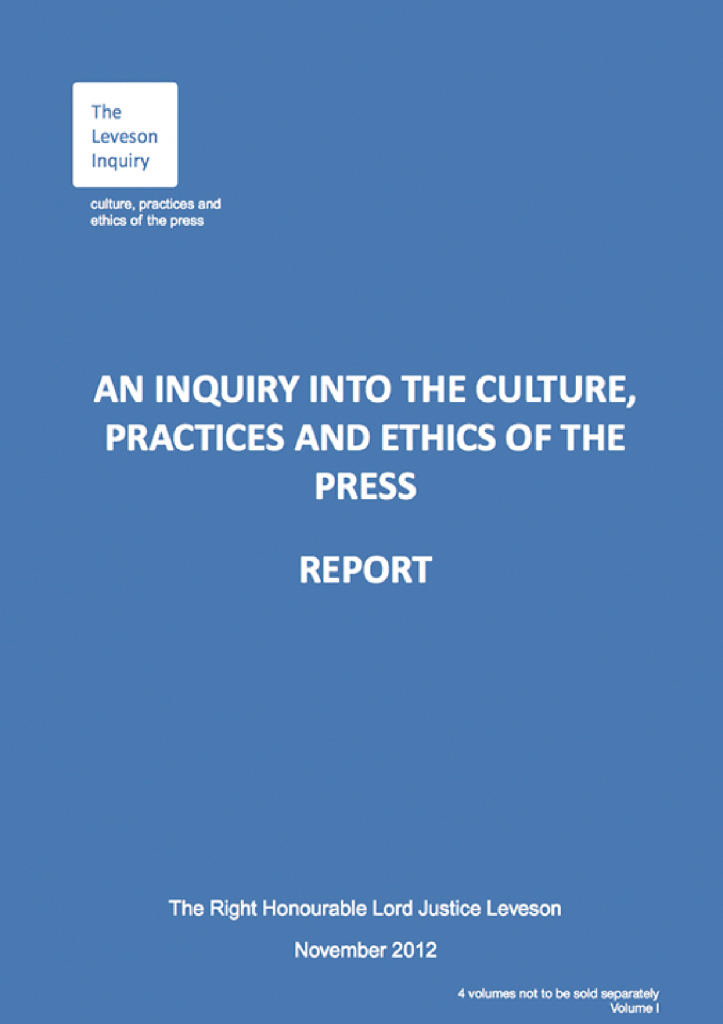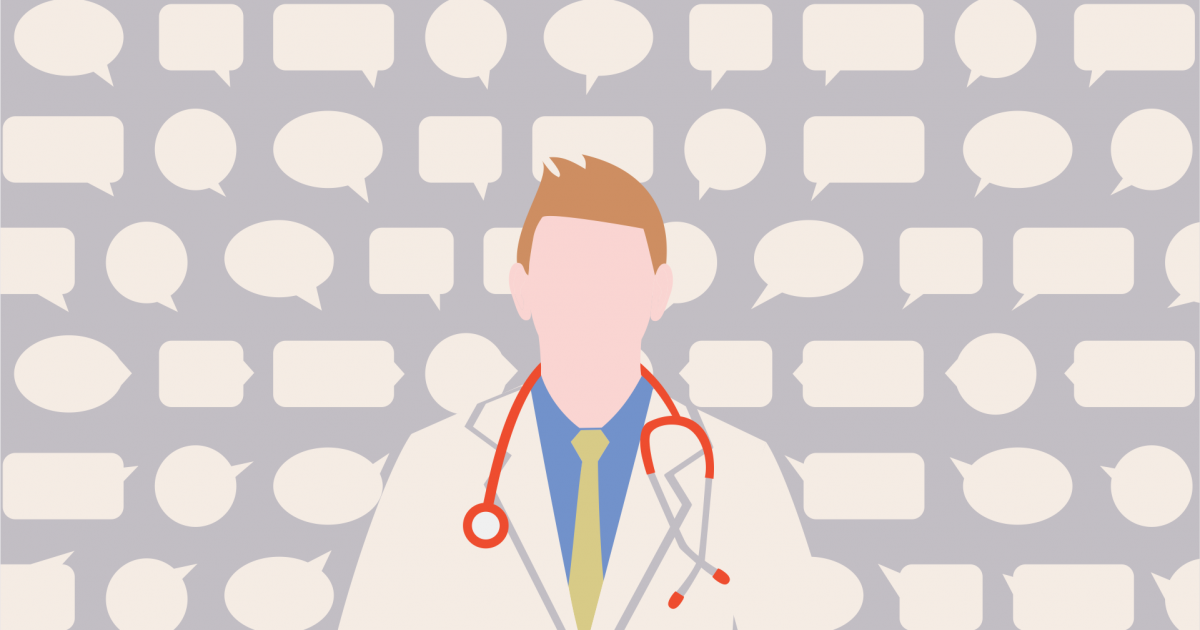Turning On the Bathroom Light At Night Does Not Cause Cancer
- Does turning on the light when going to the bathroom in the middle of the night cause bladder cancer, or any other cancer? The answer is no.
- The indication even seems foolish, but in 2010, British tabloid the Daily Mail published a story entitled "Cancer danger of that night-time trip to the toilet," suggesting just that.
- Its publication was part of a larger investigation, called the Leverson Inquiry, which looked into the practices and ethics of the British press.
- The British government debunked this article and the indication that turning on the light while going to the bathroom at night causes cancer.
The answer is no.
Read MoreThe Leveson Inquiry
The Leverson Inquiry took place about 10 years ago after news broke of the News International phone hacking scandal. This scandal involved the former News of the World tabloid and other British newspapers that were owned by Australian-born American businessman, media tycoon, and investor Rupert Murdoch.

Newspaper employees were accused of engaging in unethical behaviors when reporting on stories. Those unethical practices included, among other things, police bribery and phone hacking.
The scandal launched the Leverson Inquiry, which investigated the culture, practices and ethics of the British press. Public hearings on the subject were held throughout 2011 and 2012, and in November 2012, the Leveson Report was published. The report reviewed the practices and ethics of the press and made improvement recommendations.
On page 690 of Volume 2 of the report, the Daily Mail's article about that midnight trip to the bathroom causing cancer is discussed.
"The underlying research showed that interrupting the circadian rhythms of mice by flashing lights for one hour pulses during a 12 hour night time cycle could cause damage to cell division," according to the report. "The research did not show a causal relationship between interruptions of circadian rhythm and cancer, but suggested that further research could investigate whether there might be such a link."
And, even though "one of the researchers said in an interview that turning on an artificial light at night could have an impact on the body clock, there was no suggestion in the research, nor in the interview, that a night-time trip to the toilet causes cancer," the report stated.
So, as you can see, the British government debunked this article and the indication that turning on the light while going to the bathroom at night causes bladder cancer, or any other type of cancer.
Related: What Are the Risk Factors for Bladder Cancer?
But where can you go to seek out accurate medical information on the internet? We have the answer.
How to Understand What's Accurate Health Info Online
Patients who rely on unproven methods outside of the conventional medical realm often end up with fatal consequences. In fact, a study released by researchers at Yale University in 2017 revealed that patients with cancer who only use alternative treatments are twice as likely to die from the disease.
It should also be noted that more than 8 in 10 United States adults (or 86%) say they get their news from a smartphone, computer or tablet "often" or "sometimes," according to a study published by the Pew Research Center in January 2021. In addition, about two-thirds of adults in the U.S. say they get their news "at least sometimes from news websites or apps (68%) or search engines, like Google (65%)."
But what rings alarm bells for some is the study found that about half of U.S. adults (53%) say they get their news from social media. This is unnerving for most in the news business as social media sites don’t have full-time policing policies for content; some social platforms have started to include “misinformation” tags if something posted on its site is false, but the problem still persists.
The Daily Mail’s story about that midnight trip to the bathroom when social media was in its infancy, but these platforms have served as a breeding ground to spread unverified claims. So, how can you know whether the information you read online, especially medical information, is reliable? There are a few ways:
The National Institutes of Health recommends that, as a rule, the sites you get medical information from should be sponsored by federal government agencies. Knowing who or what sponsors and hosts the website you’re reading from is important, too.
- .gov are government agencies
- .edu identifies an educational institution
- .org usually identifies nonprofit organizations
- .com identifies commercial websites
Who wrote the information? Who reviewed it? When was the information written? What is the purpose of this website? These are all important questions to ask yourself when seeking out reliable medical information online, and most of the time, social media isn't the right place to look.
Learn more about SurvivorNet's rigorous medical review process.

